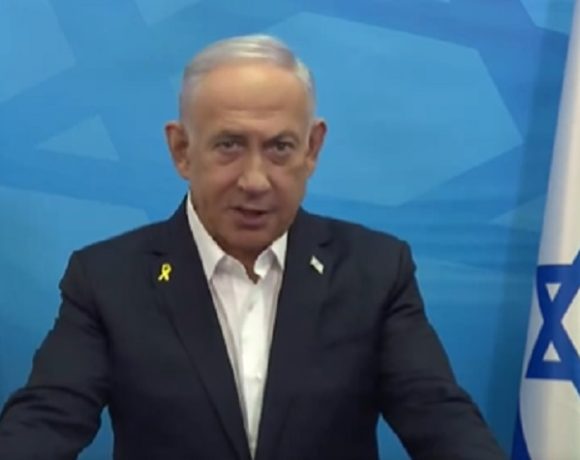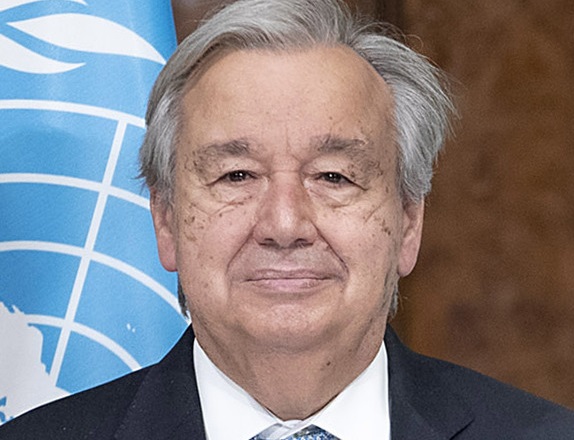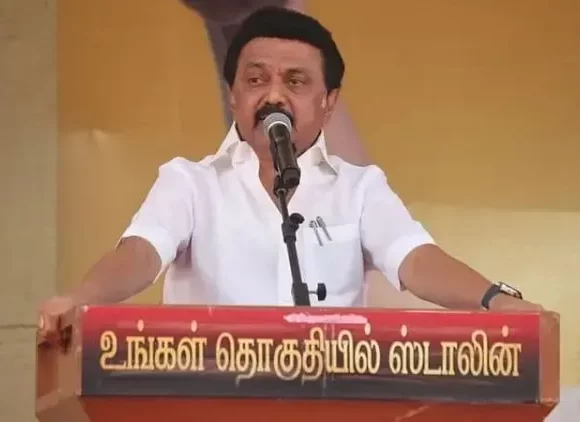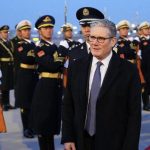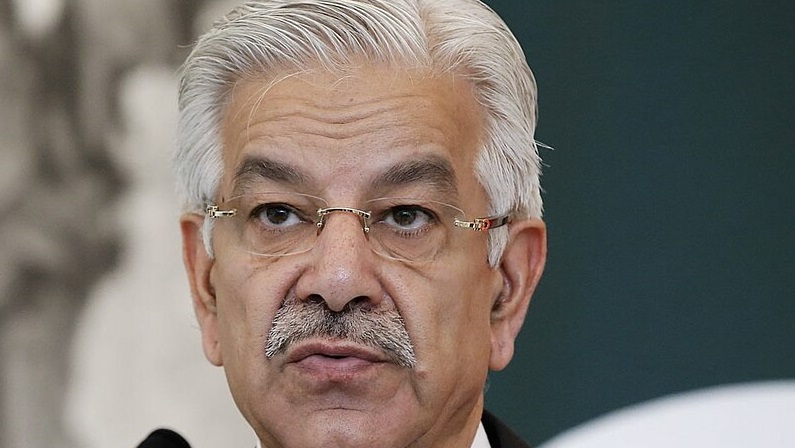
Khawaja Asif: US Fuels Global Wars for Profit
In a strongly worded statement that has now gone viral, Pakistan’s Defence Minister Khawaja Asif accused the United States of systematically fuelling wars around the world to support its military-industrial complex. His comments, captured in a widely shared video, have sparked debate over the motivations of global superpowers and the long-term costs of military interventionism.
US Engages in Wars to Sustain Its Economy
In the video, Asif alleges that the United States has engaged in over 260 wars in the past 100 years, while China has only participated in three. He argues that American foreign policy is driven not by values but by economic necessity. “The US keeps earning money. Their military industry is a massive, well-established sector and forms a major part of their GDP. That’s why they continue to create conflicts,” he said, directly linking American military actions to its economic structure.
According to Asif, this strategy has not only destabilized regions globally but has also perpetuated a cycle of destruction for profit.
War-Torn Nations as Evidence
Asif went on to cite Syria, Egypt, Afghanistan, and Libya as examples of once-prosperous countries that have been devastated by prolonged wars. Without naming specific actors, he implied that U.S. involvement in these regions played a significant role in their downfall. “These countries were once wealthy. Now they are bankrupt,” he stated, suggesting that foreign interference has led to economic collapse and humanitarian crises in multiple nations.
Past Admissions of Complicity
This is not the first time Khawaja Asif has criticized Western policies—or Pakistan’s role in enabling them. In an earlier interview with Sky News, he openly admitted that Pakistan had backed militant groups for decades, essentially doing “dirty work” on behalf of the US and the West. He acknowledged that these choices have had serious blowback effects, destabilizing Pakistan internally.
His repeated public candor has drawn both praise for honesty and criticism for what many see as too-little-too-late acknowledgment of systemic failures.
Hypocrisy or Truth? Public Reaction Mixed
Reactions to Asif’s latest comments have been sharply divided. Critics highlight Pakistan’s extensive history of receiving military and financial aid from the U.S., accusing Asif of hypocrisy. They question how a nation that has long relied on American support can now vilify its former ally so freely.
On the other hand, many agree with his assessment of how the global arms economy works. They argue that major powers, particularly the United States, have indeed profited from prolonged conflicts in the developing world, often at the expense of local populations.
The video’s circulation has reignited debate about ethical foreign policy, global power politics, and the true cost of war—not just for those who fight them, but also for those who profit.


